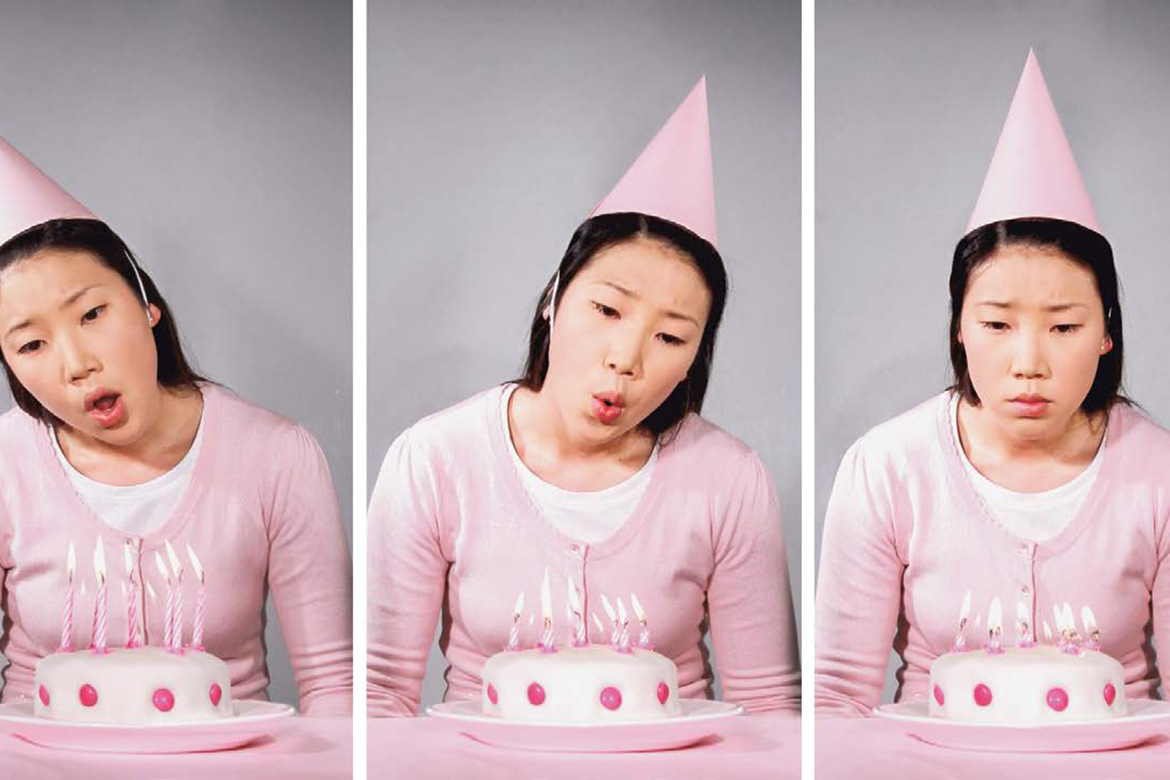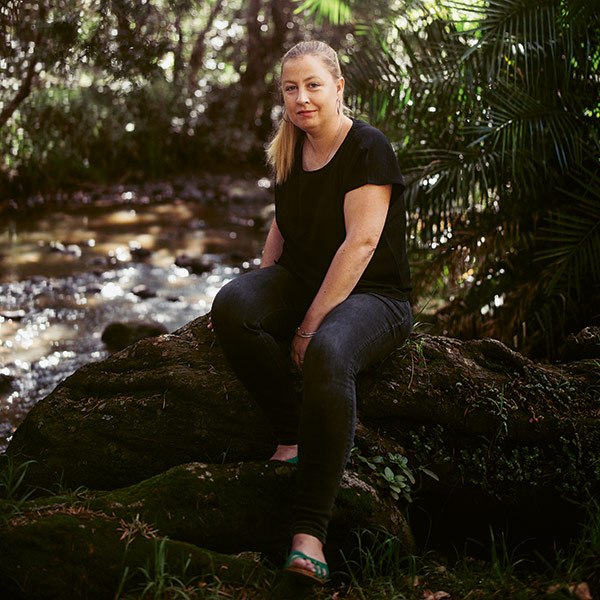Being cruel to be kind?
Mathematical models of evolution can explain why cooperative behaviour is advantageous, and how living creatures can arm themselves against traitors.

Among white storks, if one partner cheats on the other, then the innocent party has to decide: are they to be punished or abandoned – or is it payback time? | Photo: Marisa Estivill/Shutterstock
The theory of evolution supports egoistic behaviour, even down to the level of DNA as is reflected in the concept of the ‘selfish gene’. So it is astonishing just how often organisms actually cooperate. But without mutual assistance, nothing works. Male and female birds invest jointly in rearing their young, for example. Insects create veritable ‘States’ with tasks shared among them. The emergence of cooperative behaviour is a perennial topic of debate among biologists, and is a subject of intensive research by evolutionary biologists, geneticists and even game theorists.
Matthias Wubs is a doctoral student at the Department of Ecology and Evolution at the University of Neuchâtel, and his theoretical work is providing interesting, surprising insights into this topic. Together with Laurent Lehmann of the University of Lausanne and Redouan Bshary of the University of Neuchâtel, Wubs has been investigating conditions that favour cooperative behaviour in populations. The basis of their research is the famous prisoner’s dilemma: two suspects under arrest have a choice of working together and remaining silent, or of blowing the whistle on each other. Their chances are best if they cooperate with each other. If one of them spills the beans then he has the bigger advantage, but the other suspect is then put at a corresponding disadvantage. If they both reveal everything, then they will both receive a greater punishment than if they had stuck together and said nothing.
Three possible strategies
Taking this dilemma as his starting point, Wubs has been investigating a virtual population to see which of three strategies to promote cooperation would win through. An individual can either punish the traitor, leave him, or pay him back in the sense of ‘an eye for an eye’. Different parameters of the mathematical model can be varied for the different rounds of interaction – such as the size of the population and the actual number of interactions.
Although the model represents a simplification of real circumstances, it can depict biological principles realistically. In large groups, it is advantageous simply to avoid disloyal members. “The strategy of changing partner is the more dominant, the bigger the group and the bigger the number of interactions”, says Wubs. This result is intuitively comprehensible: in a large group, an individual that leaves its non-cooperating partner has a good chance of finding a better partner.
Group size is decisive
The ‘punishment’ alternative, however, requires lifelong effort to keep one’s partner in his place. This strategy changes with the population size and the number of interactions. “In small groups, it’s better to punish uncooperative members”, says Wubs. In the case of birds, this can mean that the renegade partner has a feather torn out. The individual carrying out the punishment thereby compels the partner to cooperate. In smaller groups this is advantageous, because the number of possible cooperating individuals is small.
Surprisingly, the computer simulations also showed that punishment was the means of choice in mid-size populations with some 50 interacting individuals. This wasn’t a result that Wubs had expected. Simon Powers, a theoretical biologist and modeller who lectures at Napier University in Edinburgh, finds this result particularly worthy of emphasis: “Among biologists there has long been a debate about whether natural selection can favour the punishment of non-cooperating individuals”. In Powers’s opinion, the computer models developed by Wubs and his colleagues have now shown that punishment could even outweigh other forms of partner control.
Elegant maths can clearly help us to acquire new insights into evolution that would otherwise not be obvious. For Wubs as a theoretical biologist, the appeal of his specialist field lies precisely in this form of knowledge production. “We can develop hypotheses and test them”, he says. Empiricists can then look for real populations that the model predicts must exist.
Stefan Stöcklin is an editor in the Communication Department of the University of Zurich.
M. Wubs et al.: Coevolution between positive reciprocity, punishment, and partner switching in repeated interactions. Proceedings of the Royal Society of London B (2016)




